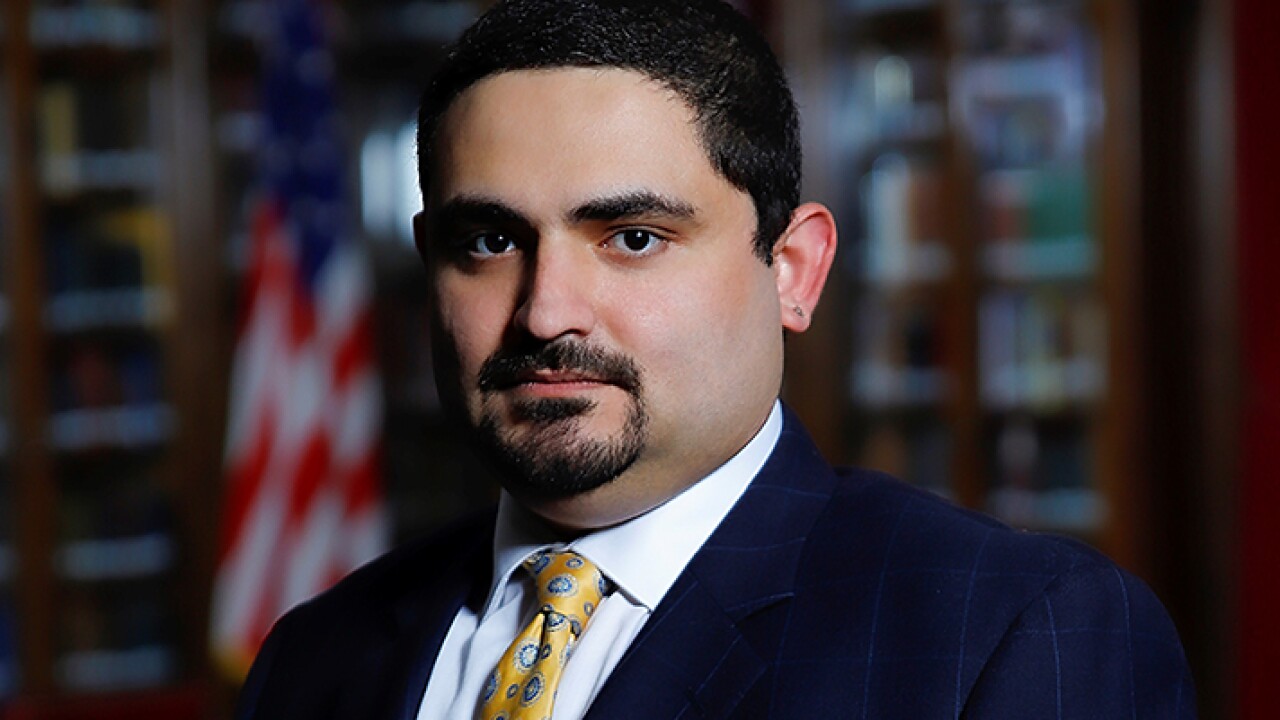DALLAS – A year-long legal delay in Maryland’s $5.6 billion Purple Line light rail system being financed as a public-private partnership poses risks for the future of similar transportation P3 projects, the American Road & Transportation Builders Association said in a brief filed with a federal appeals court.

In its friend-of-the-court brief, ARTBA contends that federal Judge Richard Leon of the District Court for the District of Columbia misapplied the National Environmental Policy Act (NEPA) when he revoked the project’s environmental permits, stopping work on the project.
“Unless reversed, this precedent will have adverse consequences for complex transportation and related infrastructure projects across the country.” ARTBA said. “The district court’s holding injects new delay and litigation risks, thereby stifling the growth of this key financing mechanism to leverage and combine governmental and private dollars and responsibilities to meet the nation’s exigent transportation needs.”
President Trump’s infrastructure renewal package that is to be unveiled in September is expected to rely heavily on P3s and revenue-generating projects to leverage $200 billion of new federal funding to provide $800 billion of private investments in infrastructure over the next 10 years.
“An even more uncertain NEPA process will render P3s less attractive to potential private partners,” ARTBA said in the brief. “The rogue application of NEPA could result in hesitancy to undertake complex, transformative transportation projects – whether through a P3 process or otherwise – when the nation’s need for these long-planned projects is urgent.”
Judge Leon halted the project in August 2016, just five days before the state was to sign a full funding agreement for a $900 million grant from the Federal Transit Administration for the Purple Line.
Leon voided the state and federal approvals of the environmental impact statements for the rail project until supplemental statements were developed to account for potential ridership declines resulting from problems on the Metro system operated by the Washington Area Mass Transit Authority.
The Purple Line would connect with the Washington Area Mass Transit Authority’s Metrorail system and Amtrak at several points on its 16-mile route through the Maryland suburbs of Washington, D.C.
A three-judge panel of U.S. Court of Appeals for the District of Columbia reinstated the approvals in July but did not dismiss the environmental lawsuit filed in 2014 that led to Leon’s ruling.
Transportation Secretary Elaine Chao and Maryland Gov. Larry Hogan will sign the full funding agreement for the FTA's New Starts grant on Monday. The grant will pay most of Maryland’s share of the $2 billion cost of building the rail line and reimburse the state for $325 million that it has already spent on the project.
The dispute over ridership estimates for the Purple Line is beyond the scope of federal environmental laws, said Nick Goldstein, assistant general counsel and vice president for environmental and regulatory affairs at ARTBA.
“We think the lower court’s ruling was entirely incorrect,” Goldstein said. “It sets a troubling precedent.”
The appeals court will accept briefs on the Purple Line lawsuit until the end of September, Goldstein said, with oral arguments soon after.
ARTBA’s brief cited Trump’s executive order of Aug. 15 calling for environmental reviews and authorizations to be conducted “in a coordinated, consistent, predictable, and timely manner in order to give public and private investors the confidence necessary to make funding decisions for new infrastructure projects.”
A single month of delay can increase construction cost by 1.5% on large projects, ARTBA said.
“In one recent study of P3s, delays in obtaining government approvals or adverse changes in the law were among the most significant factors in increasing project costs,” it said. “The district court here has already occasioned significant delays and costs, and if its unprecedented ruling is upheld, it would do the same for other planned transit projects.”
The Maryland Transit Administration signed a 36-year concession agreement in April 2016 with Purple Line Transit Partners LLC to build and operate the rail system. The partners include Fluor Enterprises, Meridiam Infrastructure Purple Line, and Star America Fund.
The private partners are financing their share of the project with an $875 million low-interest Transportation Infrastructure Finance and Innovation Act loan and $323 million of private activity bonds that were issued in 2016 by the Maryland Economic Development Corp.





